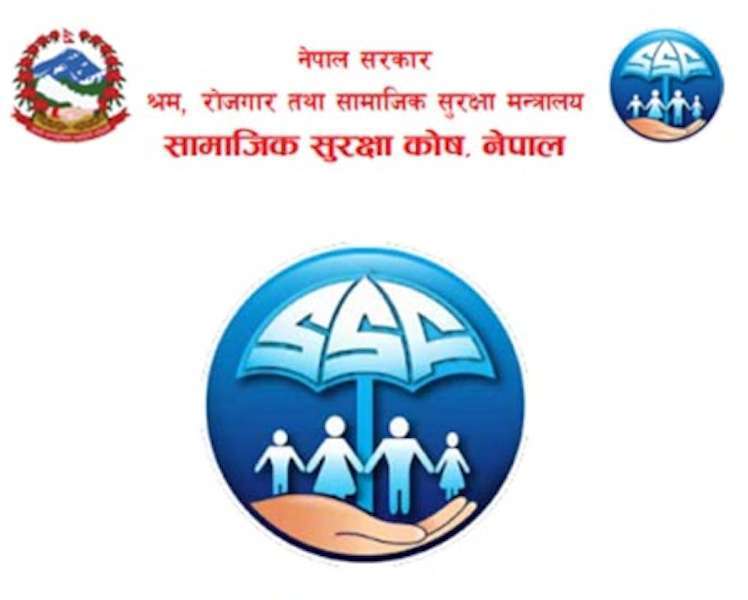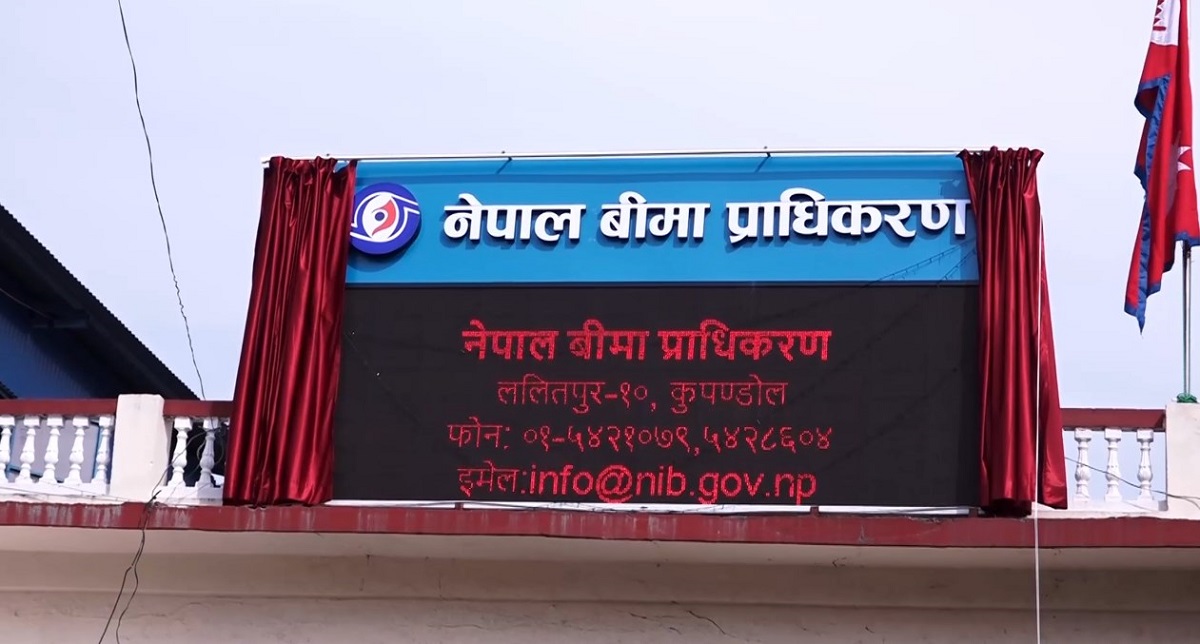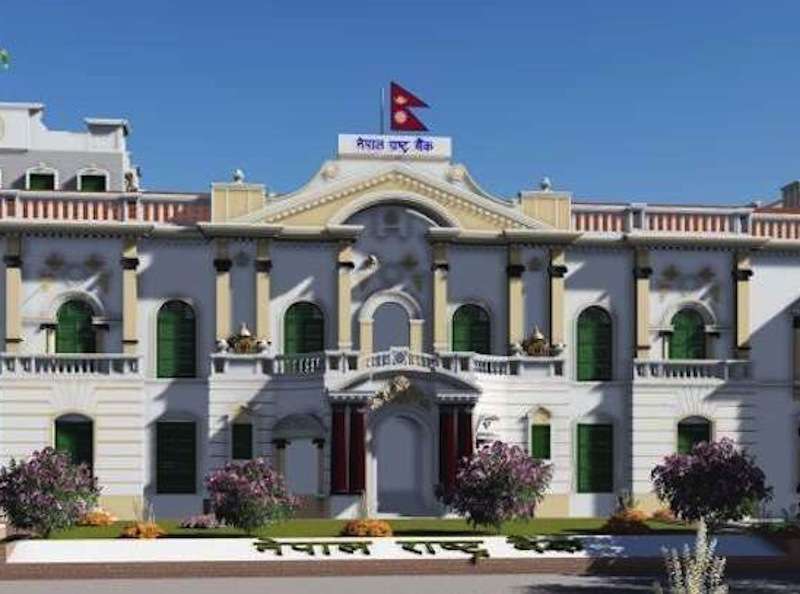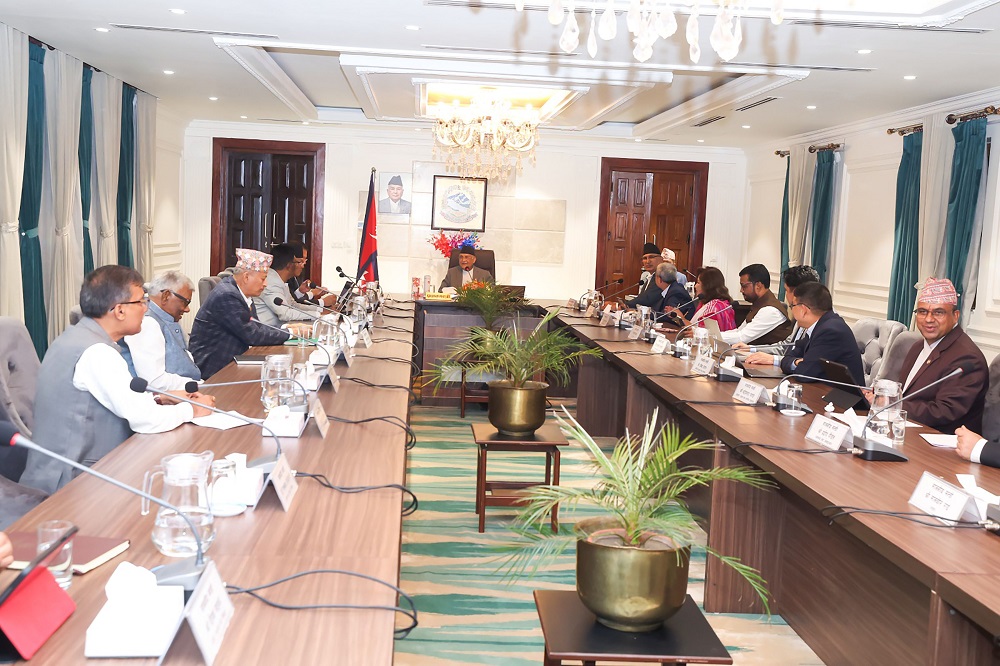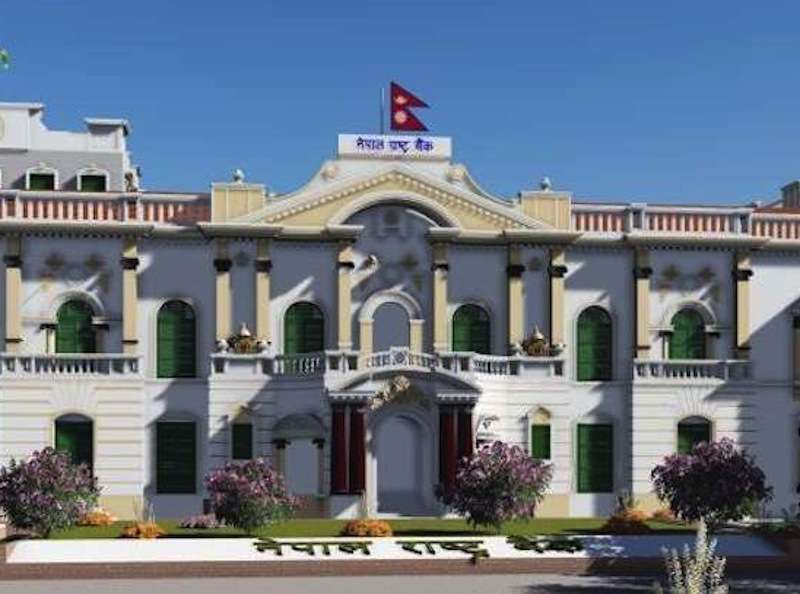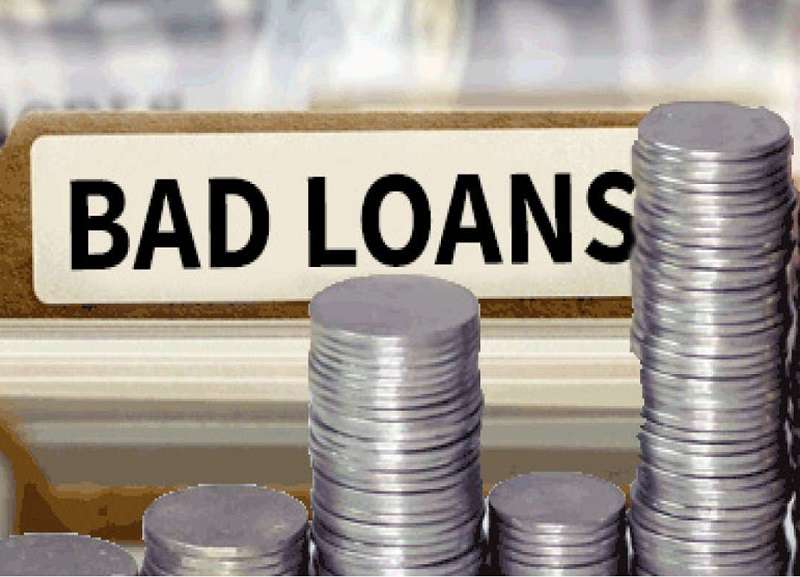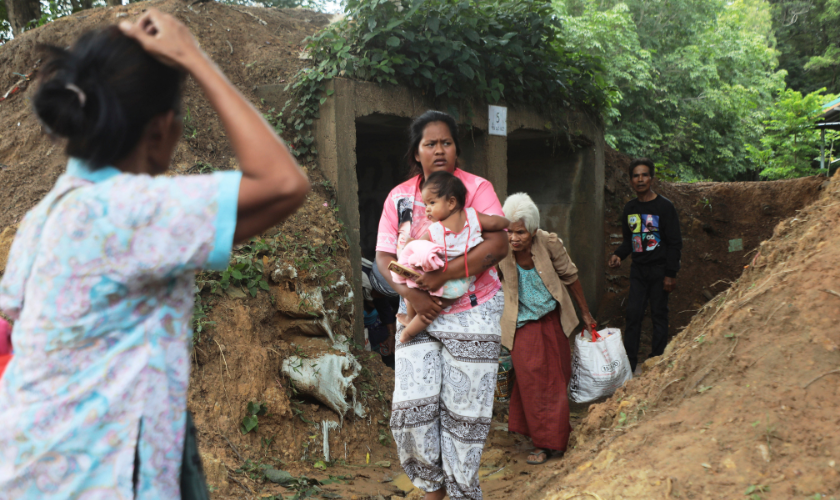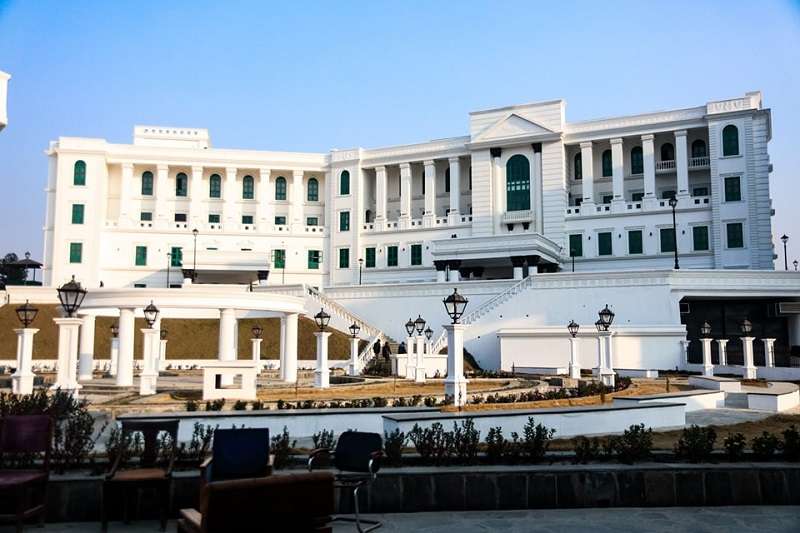Hydropower developers in Nepal have opposed the new policy introduced by the Securities Board of Nepal (SEBON), which states that hydropower companies will only be allowed to issue an Initial Public Offering (IPO) after commencing electricity generation.
On Tuesday, while unveiling its policies and programs for the current fiscal year 2025/26, SEBON announced that it would implement the government policy requiring IPO approval only after project commissioning. This provision is part of the government’s Economic Reform Implementation Action Plan 2025 and is based on the recommendations of the High-Level Economic Reform Recommendation Commission.
Independent power producers have objected to the announcement, arguing that such a restriction could worsen funding challenges for capital-intensive hydropower projects. They claim that if investors are expected to bear the full cost, the purpose of selling shares becomes meaningless. Globally, they noted, companies issue shares to raise capital before commencing operations.
Mohan Kumar Dangi, Senior Vice-President of the Independent Power Producers' Association of Nepal (IPPAN), said the organization strongly opposes SEBON’s new policy. “An IPO is a tool to raise capital,” he said. “Why would a hydropower company need capital after production has already started?” Dangi added that IPPAN had opposed the provision since it was first proposed by the commission.
SEBON officials stated that the new provision aligns with the commission’s recommendations and aims to minimize risks in the secondary market, which have reportedly increased with the growing presence of hydropower stocks. According to a senior SEBON official, “At present, hydropower companies account for the largest number of listings in the secondary market, but only a few distribute dividends. By allowing IPOs only after production starts, investors are more likely to receive returns within a few years.”
The board argued that its duty is to protect the interests of investors rather than businesses and that the new provision will help ensure returns for investors in the long term.
The policy announcement also comes amid allegations that SEBON officials had demanded commissions from hydropower promoters in exchange for IPO approval. Earlier, on May 19, SEBON removed 14 companies with a per-share net worth of less than Rs 90 from its IPO pipeline, six of which were hydropower companies. These included Sanima Hydropower, Richet Hydropower, Beni Hydropower Project, Laughing Buddha Power, Unique Hydel Company, and Puwa Khola-One Hydropower Ltd. SEBON said one of the six was removed because its power purchase agreement was nearing expiry.
On December 28, 2023, the Public Accounts Committee under the House of Representatives had instructed SEBON not to allow IPOs for companies with a net worth below Rs 90 per share. As a result, many hydropower companies were dropped from the IPO pipeline despite waiting in line for a long time.
However, the Finance Committee under the House of Representatives recently reiterated its stance on the directive issued to the Securities Board of Nepal (SEBON), instructing it not to use company net worth as the primary basis for approving initial public offerings (IPOs).
The Finance Committee maintains that SEBON should comply with its directives not that of the Public Account Committee.
IPPAN’s Dangi accused SEBON of repeatedly acting against the interests of hydropower companies and violating established rules. He said IPPAN would strongly resist the board’s decisions. He further noted that the new provision would affect many of the 36 hydropower companies currently awaiting IPO approval.


